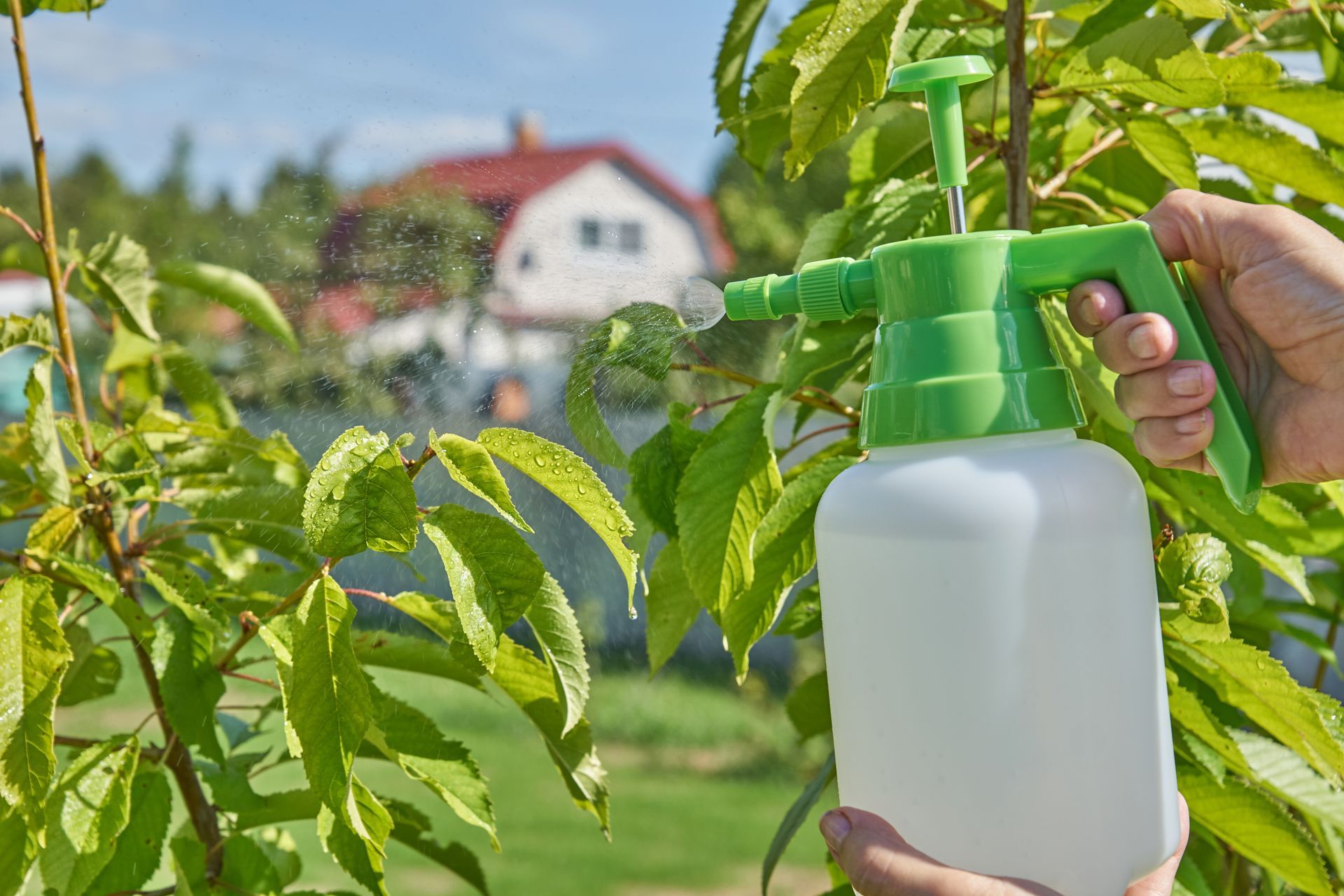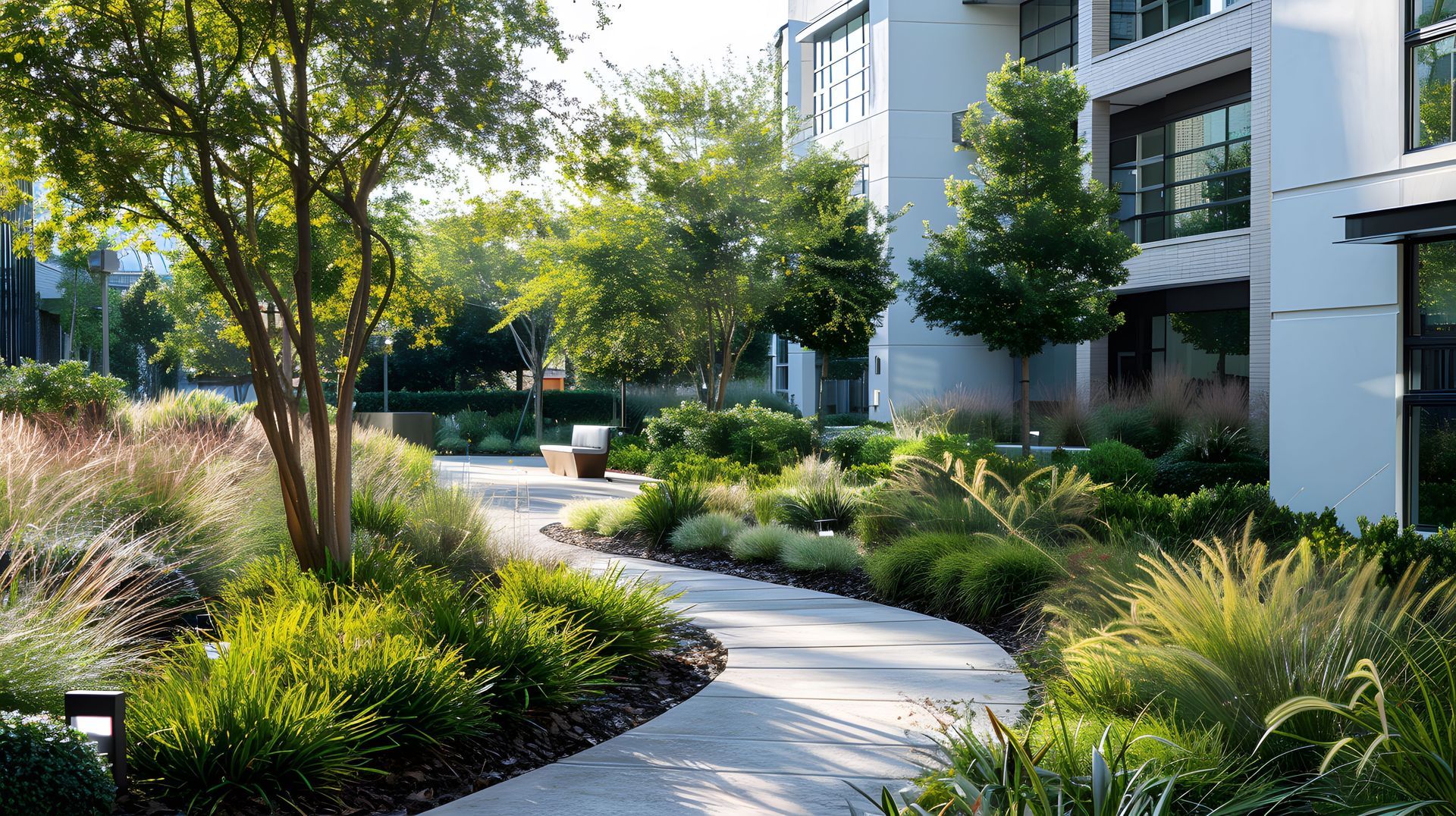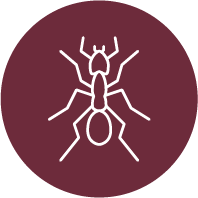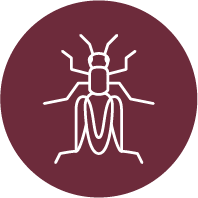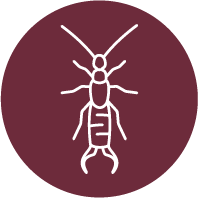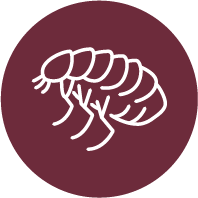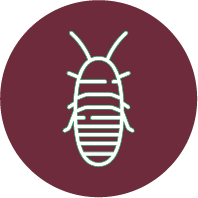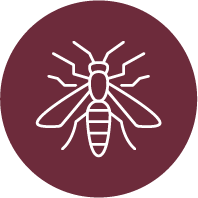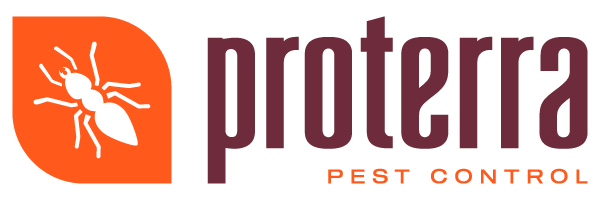Eco-Friendly Landscaping Tips for Pest Control
Landscaping is not just about enhancing the aesthetic appeal of a property; it also plays a crucial role in pest control. By choosing the right plants and employing strategic landscaping techniques, homeowners can create a natural barrier against pests. This approach not only maintains the ecological balance but also reduces the dependency on chemical pesticides, aligning with Proterra's commitment to eco-friendly pest management solutions. Here, we explore various landscaping strategies that can help in naturally repelling pests while contributing positively to the environment.
Selection of Pest-Repelling Plants
Certain plants are known for their natural ability to repel specific pests due to their aromatic oils, which are unappealing to various insects and animals. Incorporating these plants into your garden can serve as a first line of defense in pest control. For example, lavender emits a scent that is generally disliked by moths, fleas, flies, and mosquitoes. Planting lavender along pathways and near entryways can keep these pests at bay. Similarly, marigolds contain a compound called pyrethrum, an ingredient found in many commercial insect repellents, making them effective against mosquitoes and aphids.
Strategic Plant Placement
The placement of plants can significantly influence their effectiveness in pest control. It is important to position pest-repellent plants near crop-bearing plants and entry points into the home, such as windows and doors. For instance, planting garlic near tomato plants can help repel red spider mites, while chrysanthemums placed near entry points can deter roaches, ants, ticks, silverfish, lice, fleas, and bedbugs because of their natural insecticidal properties.
Companion Planting
Companion planting involves strategically placing certain plants near each other to mutually benefit by deterring pests and enhancing growth. This method not just deters pests but also can improve pollination and maximize the use of space. For example, planting basil near tomatoes not only improves their flavor but also repels flies and mosquitoes. Another well-known pair is roses and garlic; garlic helps to repel rose pests such as aphids.
Maintaining Healthy Soil
Healthy soil is essential for growing strong, pest-resistant plants. Soil that is rich in organic matter supports robust plant growth with improved defenses against pests. Integrating organic compost into your garden not only enriches the soil but also encourages beneficial microorganisms that ward off harmful pests. Additionally, practicing crop rotation and using natural mulches can further improve soil health and reduce pest infestations.
Natural Barriers and Borders
Creating natural barriers or borders around your garden can effectively keep pests out. Using certain types of shrubbery or dense plantings as a physical barrier can prevent the entry of small animals and insects. For instance, a border of thick shrubs can discourage deer, while raised garden beds lined with cedar can repel ants and moths.
Water Management
Proper water management is critical in controlling pest populations. Excess moisture attracts many pests, including mosquitoes and termites. Ensure good drainage in your garden to avoid standing water, which serves as a breeding ground for mosquitoes. Watering plants at the base instead of spraying overhead can decrease leaf moisture, reducing the risk of fungal infections and pest infestations.
Encouraging Natural Predators
Encouraging the presence of natural predators in your garden is an effective eco-friendly strategy for pest control. Birds, ladybugs, praying mantises, and beneficial nematodes are natural predators of many garden pests. Installing bird feeders and birdhouses attracts birds that feed on insects. Similarly, planting nectar-rich flowers can attract beneficial insects that prey on pest species.
Regular Monitoring and Maintenance
Regular garden maintenance is crucial for effective pest control. Keeping an eye on plant health and removing any weak plants can prevent the spread of pests. Pruning overgrown areas and clearing debris where pests can breed and hide is also vital. Inspection should be a continuous process, and any signs of pest infestation should be addressed promptly to prevent widespread damage.
Landscaping offers a powerful tool in natural pest control, aligning with sustainable practices that protect the environment while keeping gardens healthy and beautiful. By selecting the right plants and adopting strategic landscaping practices, homeowners can enhance their property's aesthetics and functionality, naturally reducing the reliance on chemical interventions. Such an approach not only preserves the local ecosystem but also supports overall garden health, promoting a lush, vibrant, and pest-free landscape.
Ready to transform your garden into a beautiful, pest-repelling haven? Proterra Pest Control is here to help! With our expertise in eco-friendly pest management solutions and a deep understanding of landscaping design, we can help you choose and integrate the perfect plants to protect your home naturally. Don't let pests take over your outdoor spaces. Contact us today to learn more about our services and how we can assist you in creating the perfect pest-resistant landscape.
